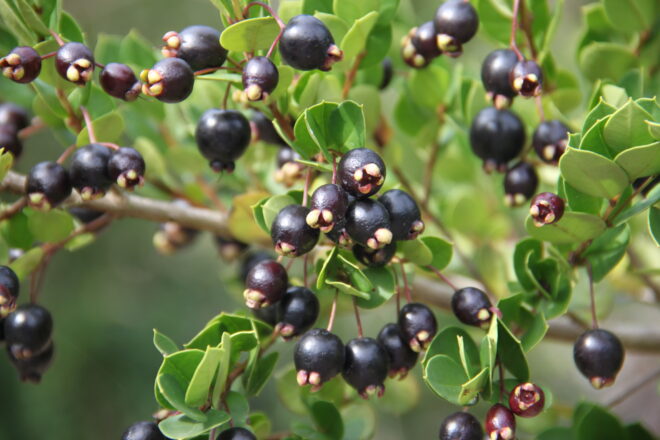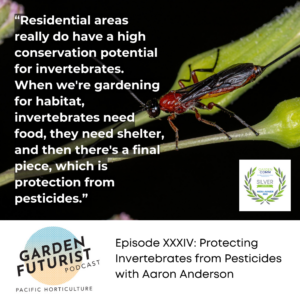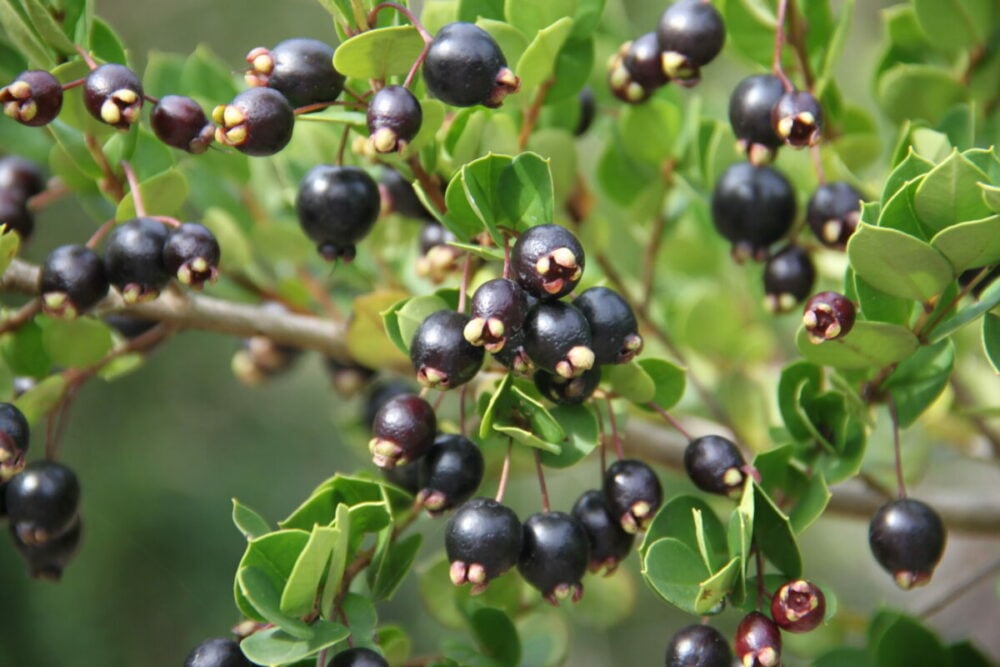
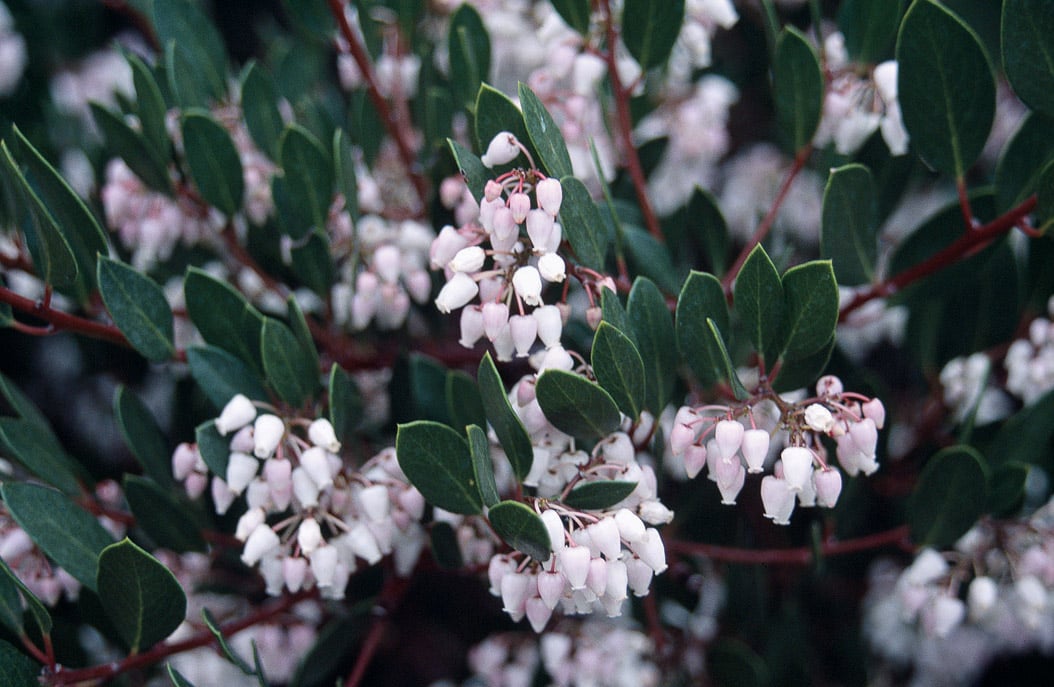
Contributor
- Topics: Archive
Peeling cinnamon bark of Arctostaphylos obispoensis. Photographs by Carol Bornstein
As you learn what you love in the plant world and begin to understand your desires as a gardener, you see structure, color, texture; you smell leaf and flower; you may see hummingbirds and butterflies dancing; you see movement. This can be an exquisite experience when observing plants in the wild. Hiking or walking in the natural world around you allows you to see what living things are rooted there—besides yourself.
Among the plants rooted in California is the genus Arctostaphylos, made up of evergreen shrubs commonly known by the Spanish folk name of manzanita or “little apple” for the small, round nutritious fruit beloved of bears, coyotes, foxes, quail, and other animals, including human beings. Californian native peoples made a refreshing seasonal cider from the berries, and manzanita jelly is cooked up to this day.
California is manzanita central. All but three of the ninety species found in the wild are endemic to California; a few species are found north into Oregon, Washington, and British Columbia, east to the Roc...
READ THE WHOLE STORY
Join now to access new headline articles, archives back to 1977, and so much more.
Enjoy this article for FREE:
The Native Flora of Chile in The Traveler’s Garden at Heronswood by Dr. Ross Bayton
If you are already a member, please log in using the form below.
Share:
Social Media
Garden Futurist Podcast
Most Popular
Videos
Topics
Related Posts
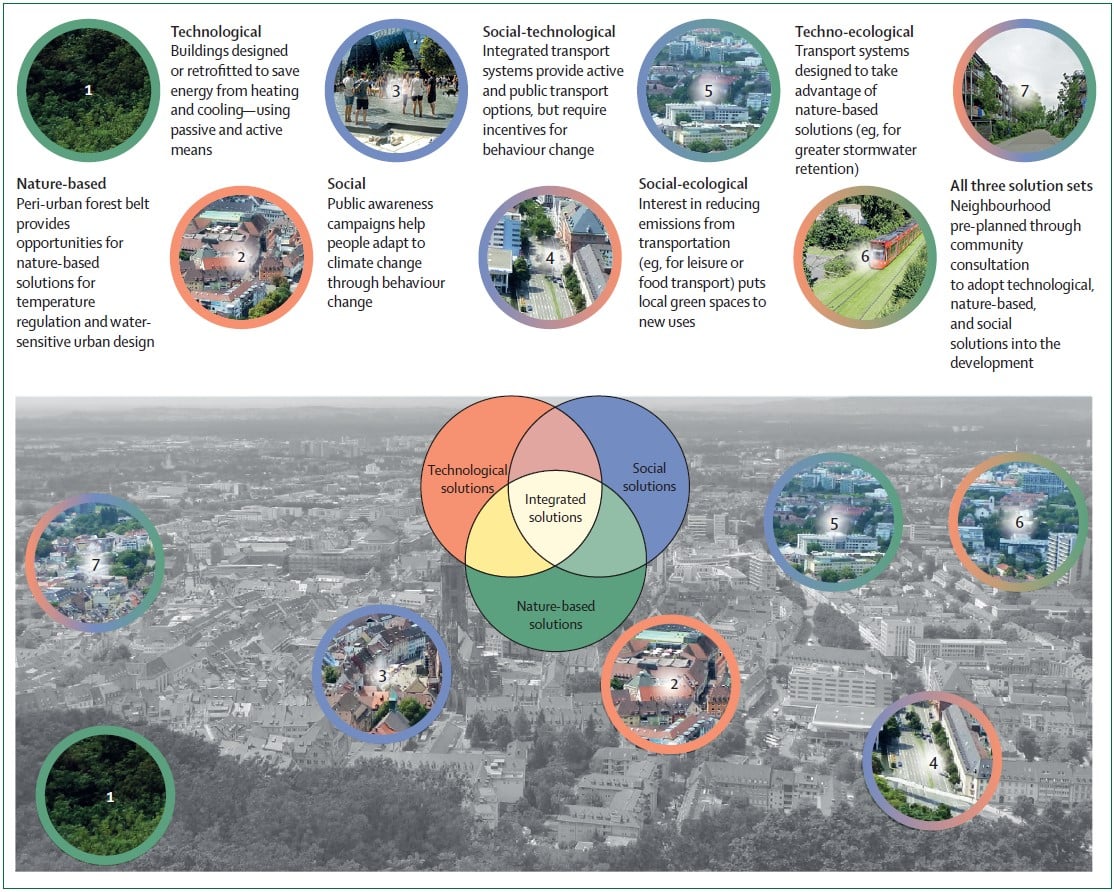
Ground Up Science for Greener Cities with Garden Futurist Dr. Alessandro Ossola
Spring 2023 Listen to the Podcast here. Alessandro Ossola is a scientist who gets very excited about the challenge of climate change allowing for an
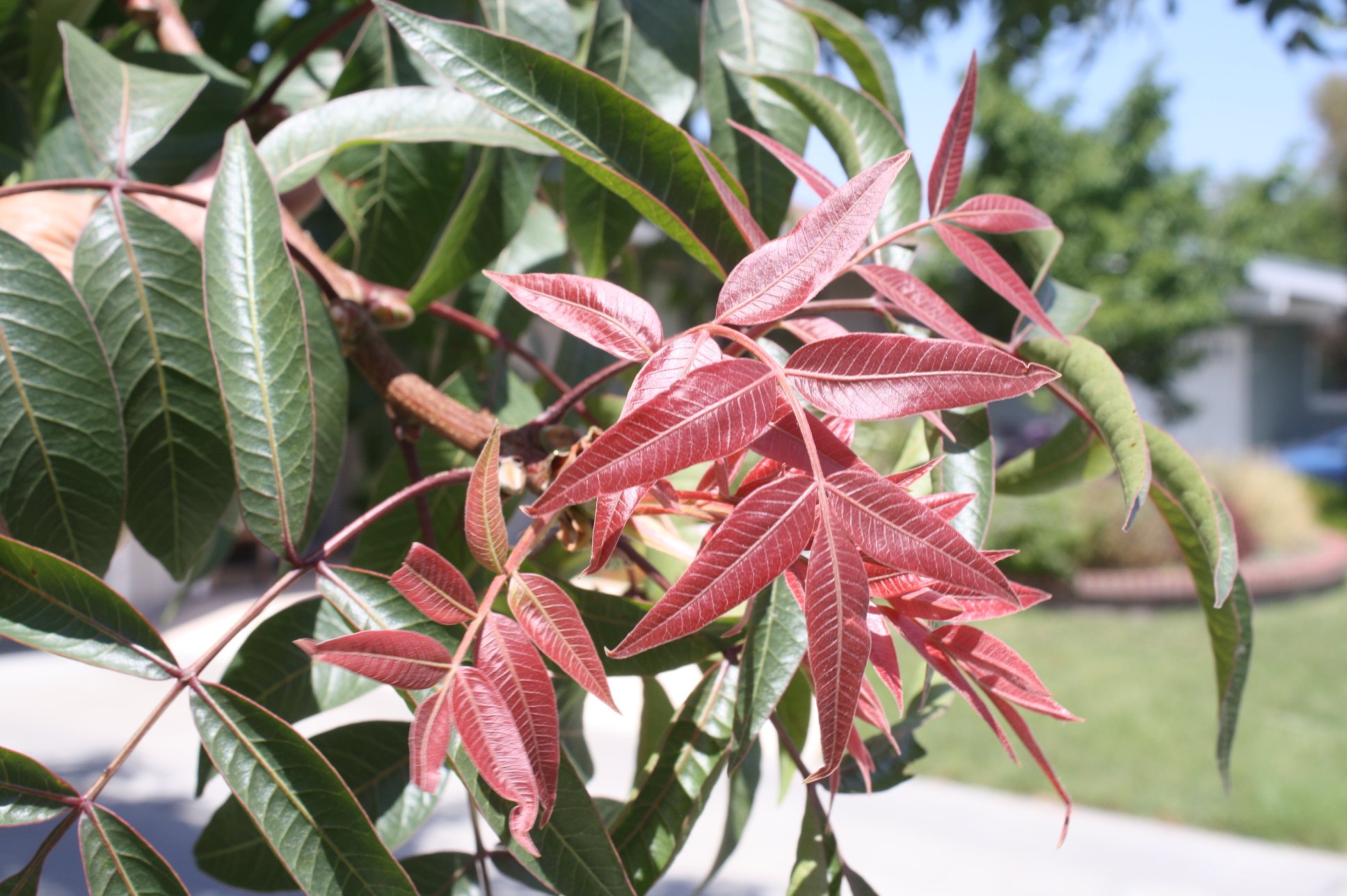
Readying Urban Forests for Climate Realities with Garden Futurist Dr. Greg McPherson
Winter 2023 Listen to the Podcast here. “Going from the mow and blow to a more horticulturally knowledgeable approach to maintaining the landscape. And that

Welcome, Greywater, to the Garden
Summer 2022 Oh, summer: delightful warm air, tomatoes swelling on the vine, fragrant blooms on an evening stroll. When it’s warm and rainless, how is
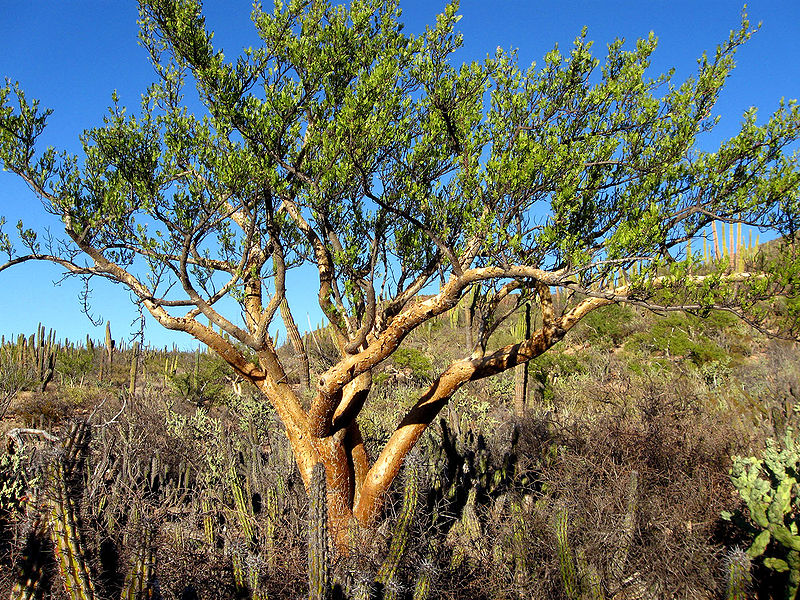
Big Tree-Data and Big-Tree Data with Garden Futurist Matt Ritter
Summer 2022 Listen to the full Garden Futurist: Episode XV podcast here. We are in an environmental crisis right now in many parts of California

